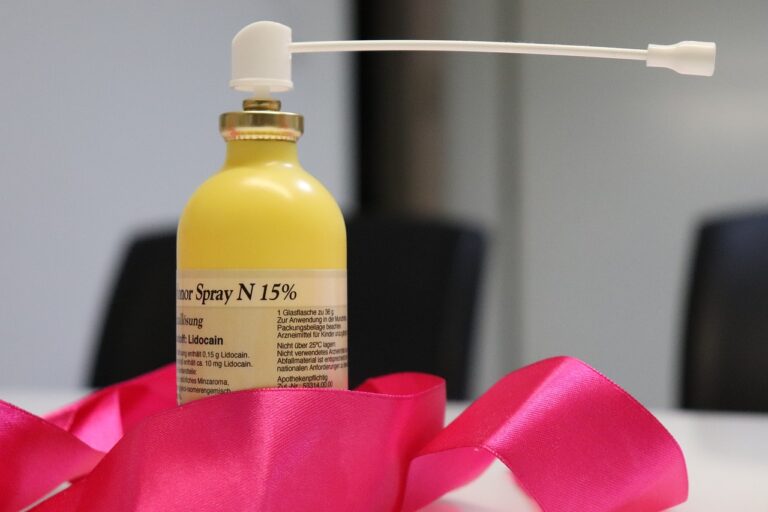Trends in Lab Testing for Rare Genetic Dental Disorders: Laser 247 book, Silverexch com, 11xplay
laser 247 book, silverexch com, 11xplay: Lab testing for rare genetic dental disorders is constantly evolving with new trends and advancements in technology. These tests play a crucial role in diagnosing and managing these conditions, ultimately improving patient outcomes. In this article, we will explore some of the latest trends in lab testing for rare genetic dental disorders.
1. Next-Generation Sequencing (NGS)
Next-generation sequencing has revolutionized genetic testing by allowing for rapid and cost-effective analysis of multiple genes simultaneously. This technology has made it easier to identify rare genetic variants associated with dental disorders, providing more accurate diagnoses and personalized treatment plans.
2. Targeted Gene Panel Testing
Targeted gene panel testing focuses on a specific set of genes known to be associated with a particular genetic disorder. This approach is especially useful for rare genetic dental disorders, as it allows for a more focused analysis, reducing the likelihood of false-negative results and potentially speeding up the diagnostic process.
3. Whole Exome Sequencing (WES)
Whole exome sequencing is a comprehensive genetic testing method that examines all protein-coding regions of the genome. This approach is particularly beneficial for rare genetic disorders with complex or unknown genetic causes, as it provides a comprehensive view of the patient’s genetic makeup.
4. Genetic Counseling
Genetic counseling is an essential component of lab testing for rare genetic dental disorders. Counselors work closely with patients and their families to help them understand the implications of genetic test results, make informed decisions about treatment options, and navigate the complexities of living with a genetic disorder.
5. Biomarker Testing
Biomarker testing involves analyzing specific molecules or substances in the body that can indicate the presence of a genetic disorder. This approach is particularly useful for monitoring disease progression, evaluating treatment effectiveness, and predicting patient outcomes.
6. Artificial Intelligence (AI) in Genetic Testing
Artificial intelligence is increasingly being used in genetic testing to analyze large amounts of genetic data quickly and accurately. AI algorithms can help identify patterns and trends in genetic information that may be missed by human analysts, leading to more precise diagnoses and tailored treatment plans.
FAQs
Q: How are rare genetic dental disorders diagnosed?
A: Rare genetic dental disorders are typically diagnosed through a combination of clinical evaluation, family history assessment, and genetic testing. Lab tests such as next-generation sequencing and targeted gene panel testing are commonly used to identify the underlying genetic causes of these conditions.
Q: What are the benefits of early diagnosis of rare genetic dental disorders?
A: Early diagnosis of rare genetic dental disorders allows for timely intervention and personalized treatment plans, ultimately improving patient outcomes and quality of life. It also enables families to make informed decisions about future planning and genetic counseling.
Q: Are genetic tests for rare dental disorders covered by insurance?
A: Coverage for genetic testing varies depending on the individual’s insurance plan, the specific test being performed, and the reason for testing. It is important to check with your insurance provider to determine coverage and potential out-of-pocket costs.
In conclusion, the field of lab testing for rare genetic dental disorders is rapidly advancing, thanks to technologies such as next-generation sequencing, targeted gene panel testing, and artificial intelligence. These trends are helping to improve the accuracy of diagnoses, personalize treatment plans, and ultimately enhance patient care in the realm of rare genetic dental disorders.







